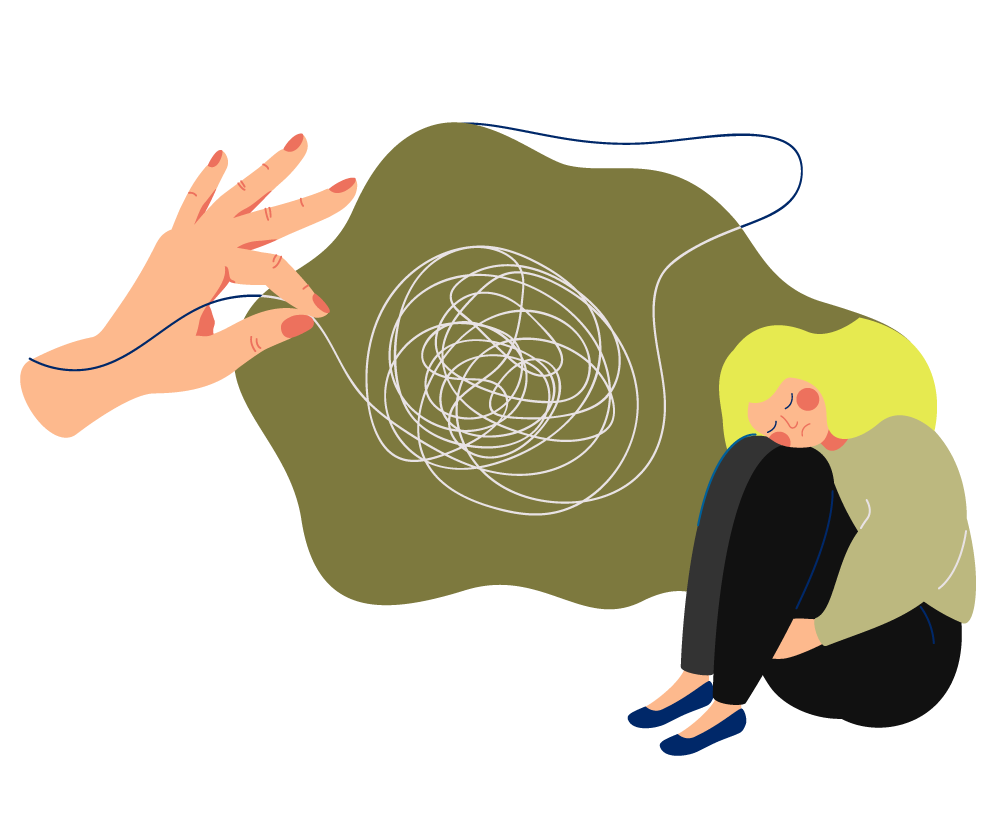Estimates provided by the National Institute on Alcohol Abuse and Alcoholism estimate over seventeen million American adults have an alcohol use disorder. Another nine-hundred thousand adolescents and teens between the ages of twelve and seventeen struggle with alcohol. Unlike some other addictions, alcohol dependence does not happen after a single use; it emerges out of long-term alcohol abuse.
Is Alcohol Addictive?
Alcohol is one of the most commonly abused addictive substances in the nation. Data provided by the National Council on Alcohol & Drug Dependence, nearly twenty million Americans struggle with alcohol dependence or addiction. Alcohol has addictive qualities that have both physical and psychological impacts. When you drink alcohol, the body produces dopamine and endorphins. These chemicals are responsible for producing feelings of pleasure and satisfaction. They also act as a natural pain reducer. Chronic alcohol use results in physical changes to the brain chemistry. The longer one uses, the more they “want” to drink to ensure they can repeat feelings of happiness and pleasure that result from drinking. If not adequately treated, alcohol abuse often evolves into alcohol dependence and addiction.
What Are the Signs of Alcohol Dependence?
Someone who struggles with alcohol dependence will turn to alcohol even though alcohol introduces challenges into their lives. Once someone has developed an alcohol dependence, physical symptoms will also develop. Some of the most common indicators of alcohol dependence include:
- Continuing to drink despite new or ongoing physical and psychological challenges
- Craving alcohol when one does not have a drink in their hand or access to alcohol
- Developing a tolerance for the effects of alcohol requiring more alcohol to achieve “that feeling”
- Experiencing withdrawal symptoms when not drinking (common examples include nausea, sweating, agitation, heart racing, and tremors)
Many believe their drinking, especially if moderate (in frequency and amount), will not become or is not a problem. It is also a common misconception that if someone “doesn’t drink often enough,” then alcohol dependence will not develop. Unfortunately, the reverse is often true. Even if only occasional, long-term drinking can lead to increased tolerance and an increased desire to drink more to achieve feelings of relaxation and ease frequently brought about by intoxication. Once someone becomes significantly dependent on alcohol, it can become much more challenging to decide to get sober or successfully achieve sobriety without addiction treatment.
What Is the Best Course of Action to Take When Dealing With Alcoholism?
Unlike many chronic illnesses, alcohol dependence can be defeated by seeking addiction treatment and completing detox and rehab. At Cal Recovery Center, we realize the decision to enter therapy is one that comes with difficulty. Despite all of the changes to how addiction treatment is viewed in the last decade, there are still many real and upsetting stigmas and misconceptions surrounding those who struggle with addiction. You may wonder how a stay in an addiction treatment center will impact your job and your family. Many are also concerned about their physical and emotional well-being while away from family and loved ones.
Achieve Sobriety at Cal Recovery Center
Withdrawal from alcohol is often equally (if not more) challenging than detox from any other addictive substance. Detox is not a process you should undergo alone, or without adequate physical, emotional and medical support such as that provided at Cal Recovery Centers medical supervised detox program. A
t Cal Recovery Center, we will work with you to develop a unique and individualized treatment program based on your specific treatment needs and goals. Using a combination of evidence-based traditional therapies and holistic, alternative therapy models, our programs are designed to help ensure the best opportunity to attain and maintain sobriety. If you are ready to start your journey to a life without substances, contact our admissions team at Cal Recovery Center today.





